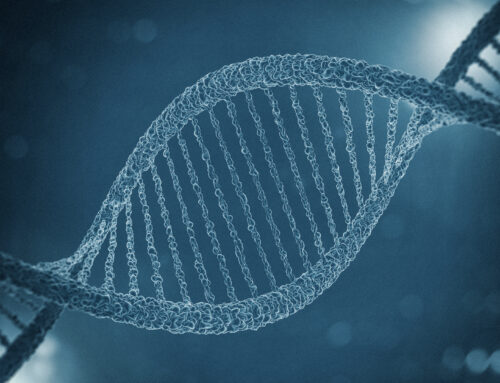
Even more than 25 years after the discovery of the BRCA gene, there are still misconceptions about the cancer gene. In 2019, Mathew Knowles, Beyonce’s father, announced his breast cancer diagnosis and BRCA2 gene mutation. The news about the global superstar’s father increased awareness of BRCA mutations in men. Below are five facts about BRCA and how it can affect men’s (and women’s) health:
- Everyone has BRCA genes: Many people associate BRCA gene mutations with women only. BRCA genes are tumor suppressor genes, which means they help our cells grow and regulate themselves. If either gene, BRCA1 or BRCA2, has a mutation, our cells can divide and group in an unregulated manner, which leads to increased cancer risk.
- Individuals with Jewish ancestry have an increased risk of a BRCA mutation: Around 1 in 400 people in the general population have a BRCA mutation compared to about 1 in 40 people with Ashkenazi Jewish ancestry. Most of today’s Ashkenazi population descended from a group of a few thousand individuals, which is how a BRCA mutation may have become more frequent over time. Today there are two mutations in the BRCA1 and one in the BRCA2 gene called ‘founder mutations.
- BRCA mutations affect Men (and Women): A common misconception regarding BRCA mutations is that they only increase the risk of female breast and ovarian cancer. Men who carry BRCA gene mutations face genetic health risks of their own, such as an increased risk of male breast cancer and prostate cancer. Both men and women with BRCA mutations also have an elevated risk of pancreatic cancer and melanoma.
- BRCA1 and BRCA2 mutations affect an individual’s risk of cancer differently: Not all BRCA mutations are the same. Having a BRCA mutation does not guarantee you will have cancer, but it does increase the likelihood of cancer. Men with BRCA2 mutations have a greater elevated risk of male breast, prostate, and skin cancer than men with a BRCA1 mutation.
- Both parents can pass down a BRCA mutation to their children: If a man or woman carries a BRCA mutation, not only do they have an increased health risk, but they also have a 50% chance of passing the mutation down to each of their children, both daughters and sons. Families should take note of their family health history and pass it down. This critical information can shape a person’s medical decisions.
If you have a BRCA mutation or have many BRCA-related cancers in your family, meeting with a genetic counselor is an excellent first step. A genetic counselor can review your family history of cancer and help decide whether genetic testing is appropriate for you.
For more information about BRCA mutations or genetic counseling, contact the Norton & Elaine Sarnoff Center for Jewish Genetics at jewishgenetics@juf.org or 312-357-4718.


